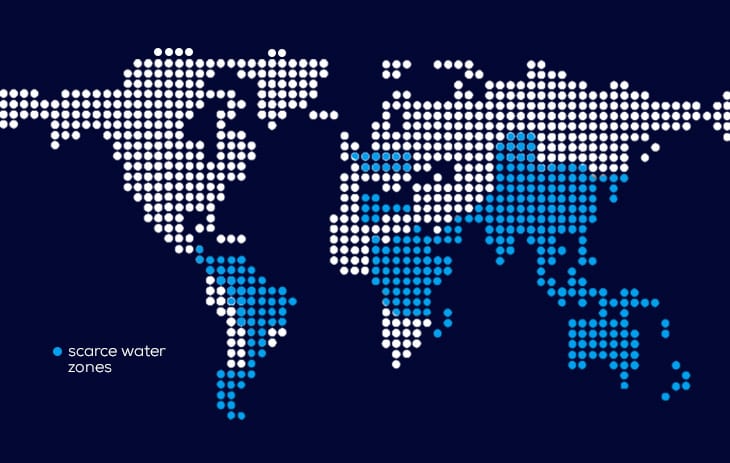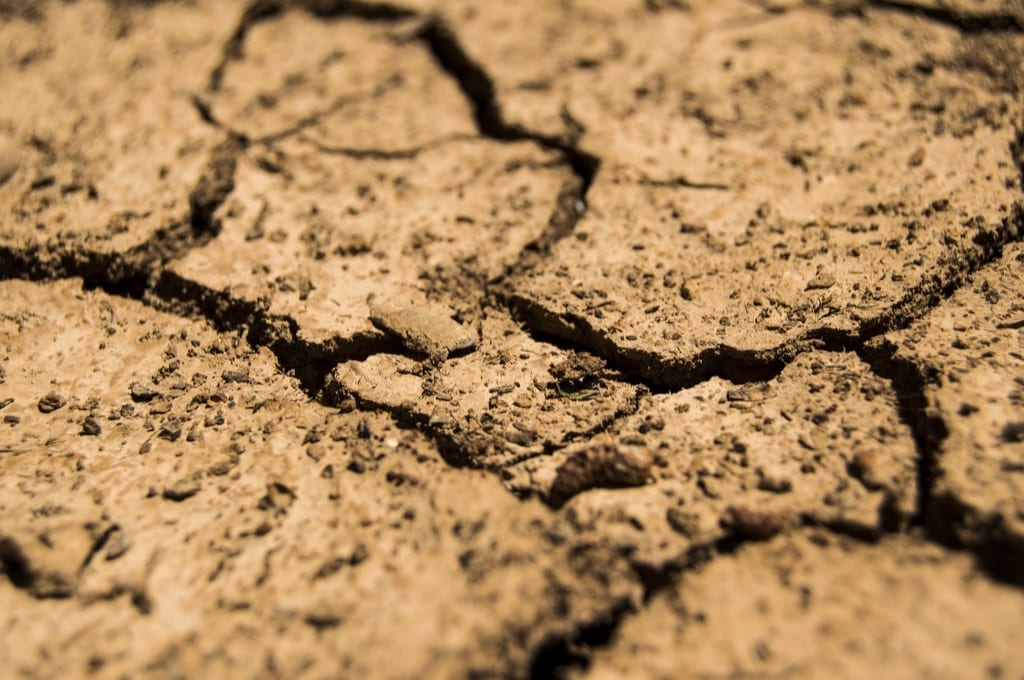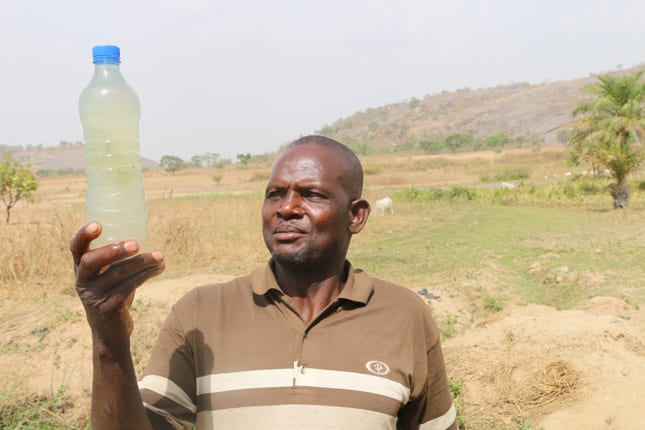According to recent statistical studies, water scarcity is now severely affecting more than 3 billion people worldwide. The amount of freshwater available for each person has increased by five times over the past two decades. About 1.5 billion people are getting affected by severe water scarcity or even drought, as a result of a combination of climate change, rising demand for H2O, and poor wastewater management.
The United Nations said on Thursday that billions of people would face acute hunger and food shortages as a result of overexploitation of water resources coupled with the primary problem, climate change.

Qu Dongyu, director-general of the UN’s Food and Agriculture Organization (FAO), said: “We must take very seriously both H2O scarcity (the imbalance between supply and demand for freshwater resources) and water shortages (reflected in inadequate rainfall patterns) for they are now the reality we all live with. Water shortages and scarcity in agriculture must be addressed immediately and boldly. UN’s sustainable development goals, including wiping out hunger and improving access to clean H2O, are still within reach. Still, there is much more needed to be done to improve agricultural practices around the world and to manage resources sustainably.”
What do the researchers believe in terms of Water Scarcity?
“50 million people in sub-Saharan Africa live in areas where severe drought has catastrophic effects on cropland and pastureland once every three years. More than a 10th of the world’s rainfed cropland is subject to frequent drought, as is about 14% of the world’s pastureland. Rainfed agriculture represents 60% of global crop production, and 80% of land under cultivation, with the rest benefiting from irrigation. However, irrigation is no panacea: more than 60% of irrigated cropland around the world is highly water-stressed”, said the organization’s State of Food and Agriculture 2020 report.

The wrong type of irrigation and wastewater management can severely impact the precious non-renewable resources such as underground aquifers among many others. Not practising sustainable development can lead to the extinction of resources from Earth. Small-scale and farmer-led irrigation systems are often more efficient than large-scale projects, the report found.
Recent studies have shown that the world’s agricultural sector is increasingly prevalent only in a few parts of the world, with large multinationals taking over the highest production. Small and medium farmers – whose lands are often imposed by environmentally sustainable lines – are struggling. About 1% of the world’s farms operate 70% of the worlds’ farmland. “Food production must change to reduce greenhouse gas emissions and try to stave off climate breakdown, but even this is not straightforward”, the FAO warned.

“As the world aims to shift to healthy diets – often composed of relatively H2O-intensive foods, such as legumes, nuts, poultry, and dairy products – the sustainable use of natural resources will be even more crucial,” said Qu, former vice-minister of agriculture and rural affairs in China. “Rainfed agriculture provides the largest share of global food production. However, for it to continue to do so, we must improve how we manage our resources from limited rainfall.” The world’s agricultural outputs are significant this year, but some parts of the African Continent are still in danger of severe food shortages.
Further Reading:


